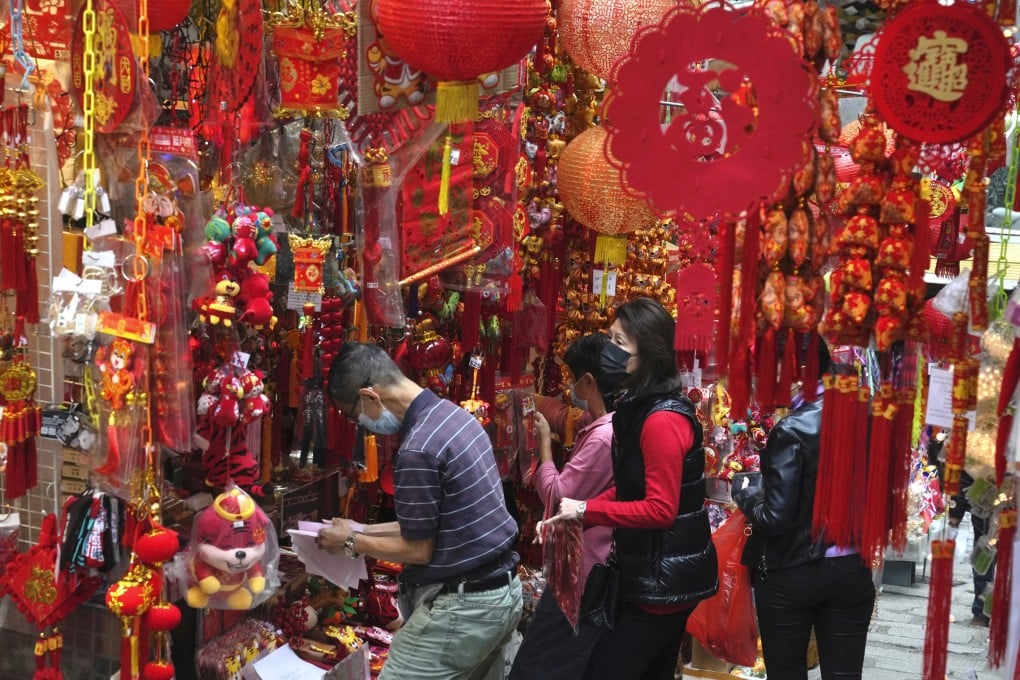Advertisement
Opinion | Can Hong Kong avoid ‘dynamic zero-Covid’ dystopia and be Beijing’s model for re-engaging with the world?
- With hugely important events like the Olympics and the party congress looming, Beijing’s stance on zero-Covid may be reasonable. The case for Hong Kong is less persuasive
- Sticking with zero-Covid risks surrendering Hong Kong’s position as Asia’s pre-eminent financial and business hub. But the current outbreak offers it an opportunity to find a more sensible and sustainable approach
Reading Time:6 minutes
Why you can trust SCMP
25

Two recent developments lent credence to the prediction I made in the middle of 2021 that the places which were most successful in suppressing Covid-19 – such as Hong Kong and mainland China – would find it hardest to exit the pandemic. Their early success has increasingly become a winner’s curse and an albatross around the neck that constrains the ability of their governments to respond flexibly to a highly evolved virus – and to an epidemic very different from what it was in 2020.
The first development was the World Health Organization’s Europe director saying the region was “moving towards a kind of pandemic endgame” with the highly transmissible Omicron variant on course to infect up to 60 per cent of Europeans by March. With high levels of protection conferred by vaccination and infection, Covid-19 in Europe is now widely expected to recede as a major cause of hospitalisation and deaths. Covid-19 will become a manageable endemic disease that returns periodically (say during the cold months of the year, much like the seasonal flu), but does not overwhelm these countries’ health-care systems or cause unacceptably high levels of excess deaths.
The United States’ top infectious diseases specialist, Dr Anthony Fauci, also expressed cautious optimism that Covid infections in the US would peak in mid-February, and that the level of infections would soon be within an “area of control”. Control, Fauci explained, meant “you’re not eliminating it, you’re not eradicating it, but it gets down to such a low level, that it’s essentially integrated into the general respiratory infections that we have learned to live with”.
In sharp contrast to the normalisation of governmental and societal responses to Covid-19 seen in most countries, the few jurisdictions still pursuing zero-Covid have had little choice but to adopt increasingly stringent, but ultimately unsustainable, suppression measures justified only by the unattainable goal of zero infections. Not only are these places not converging with how the rest of the world deals with Covid-19, but their responses – in the face of a far more transmissible variant – are likely to become more draconian and divergent.
It is in this context that one should view the Hong Kong government’s recent decision to cull more than 2,000 hamsters. While the decision can be seen as functionally or instrumentally rational – doing whatever it takes to achieve an ultimate objective – it is doubtful that the goal of achieving zero-Covid is all that rational.
In the days since, Hong Kong experts have stressed that the city, like the mainland, is pursuing a “dynamic zero-Covid” approach, where it expects local cases but will move to identify and cut off community transmission links immediately.
Advertisement
